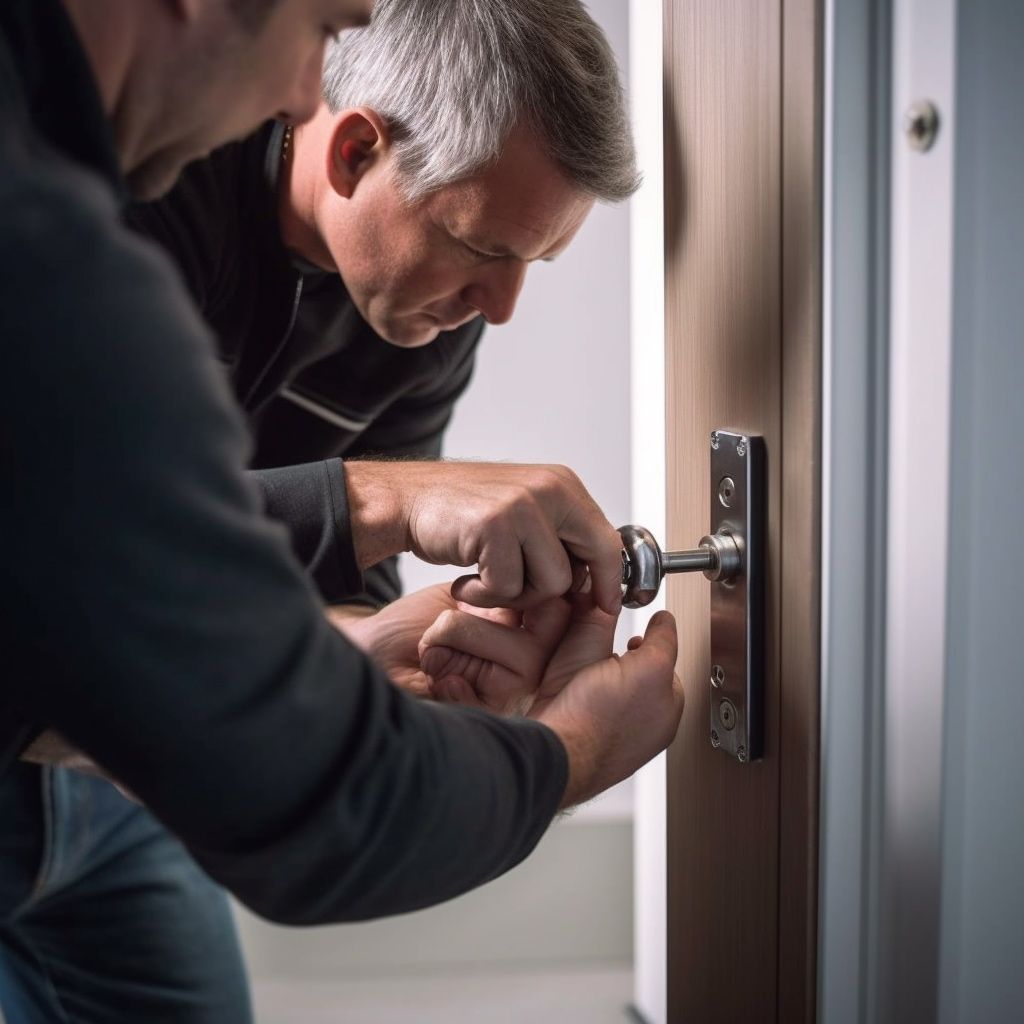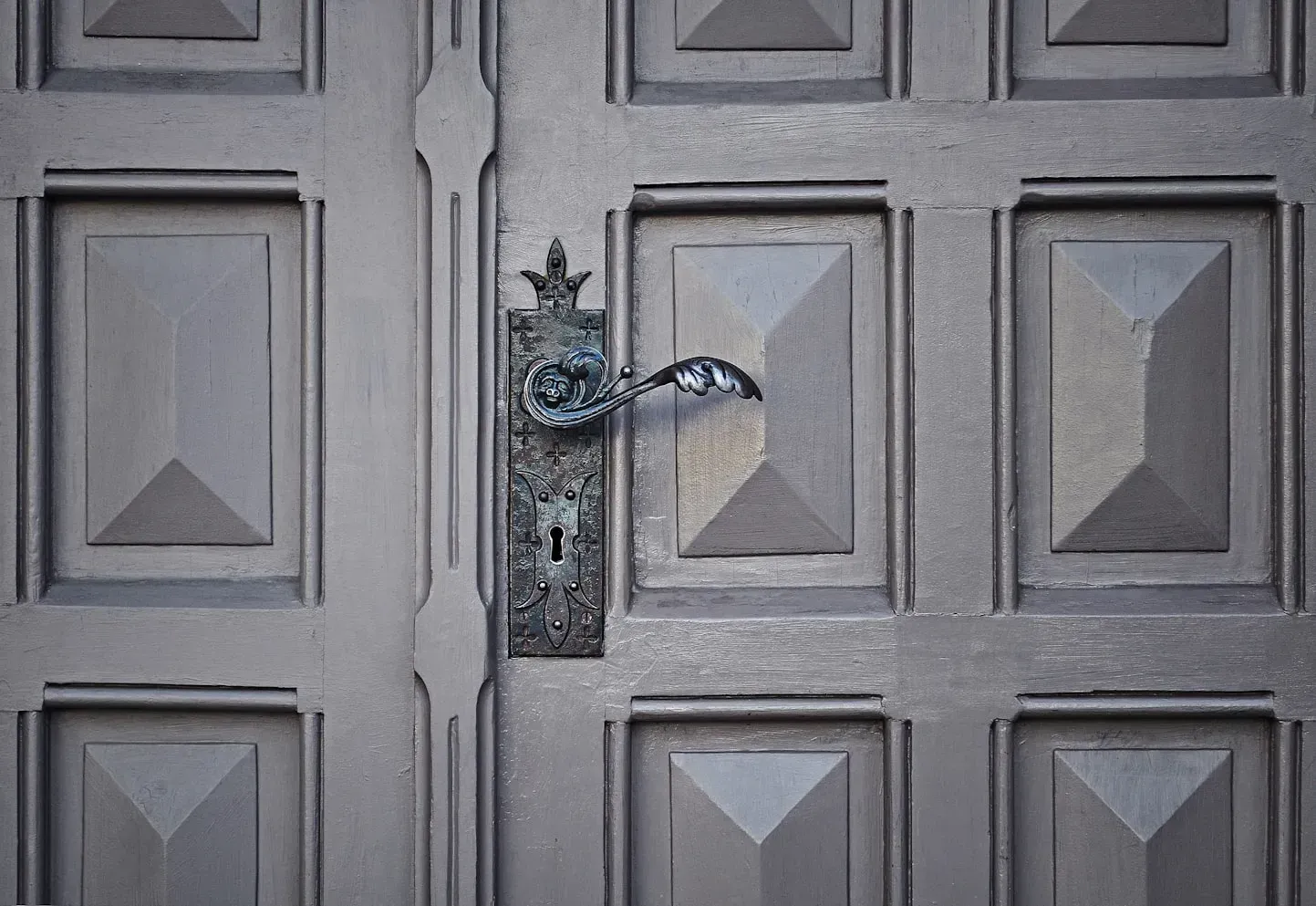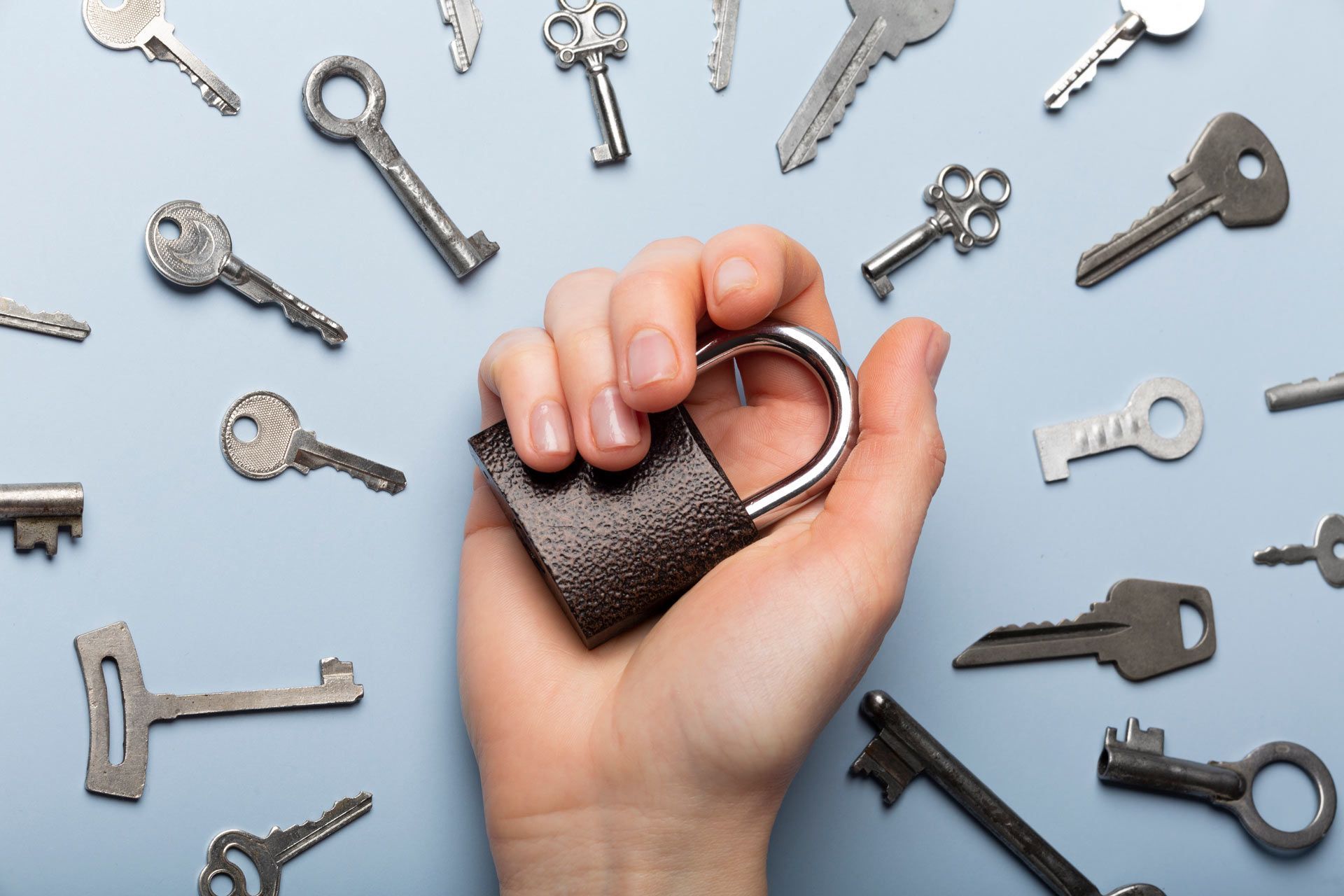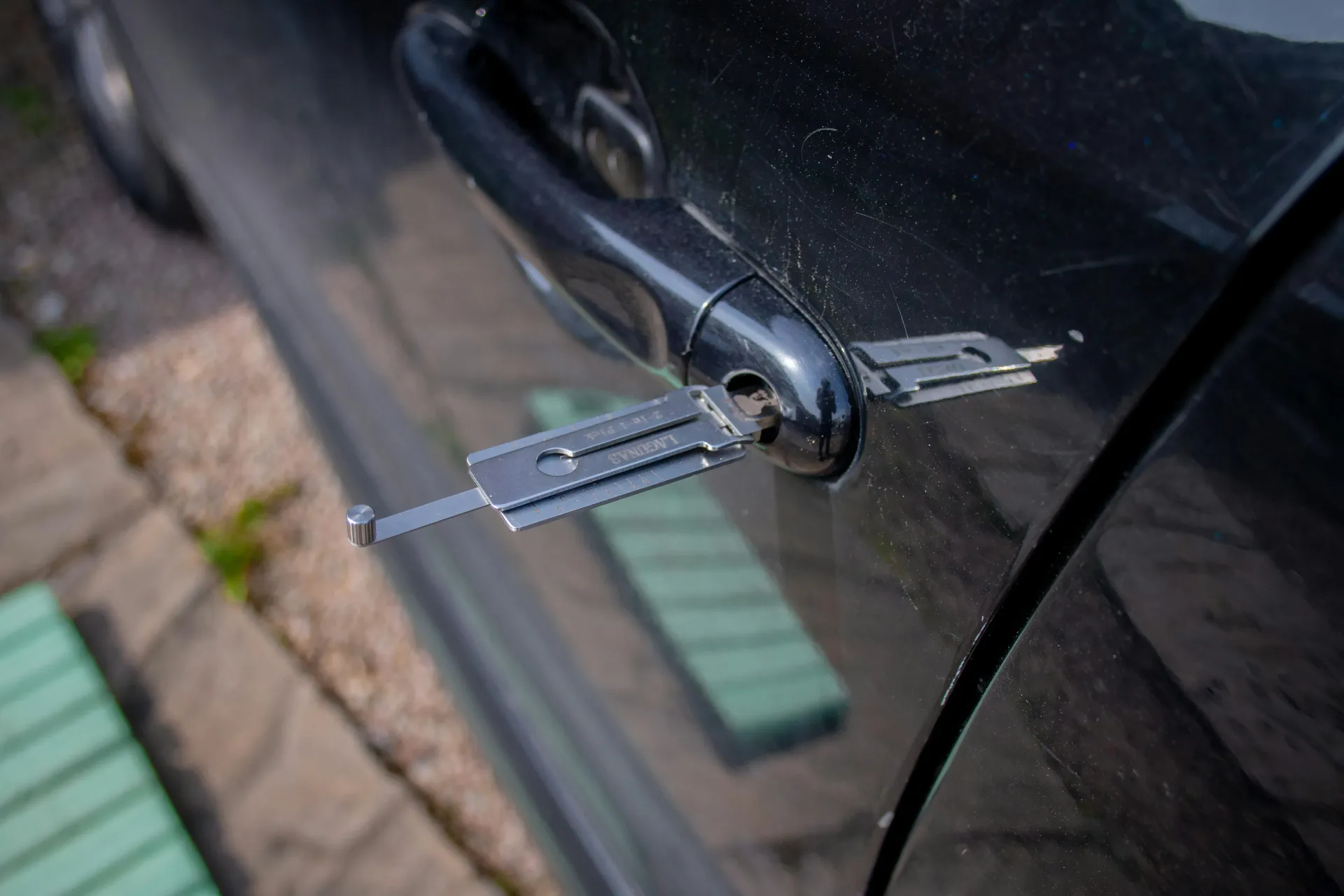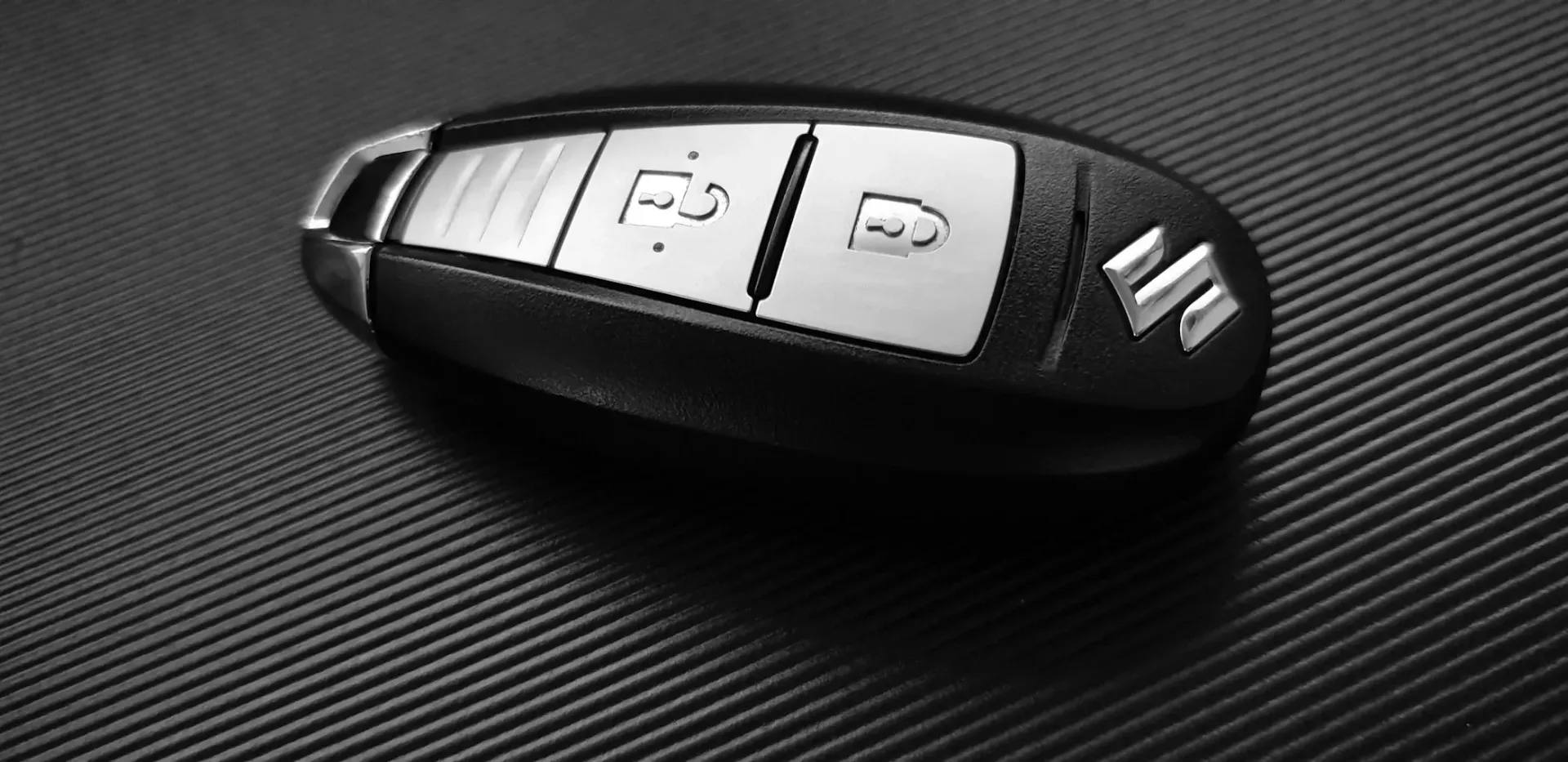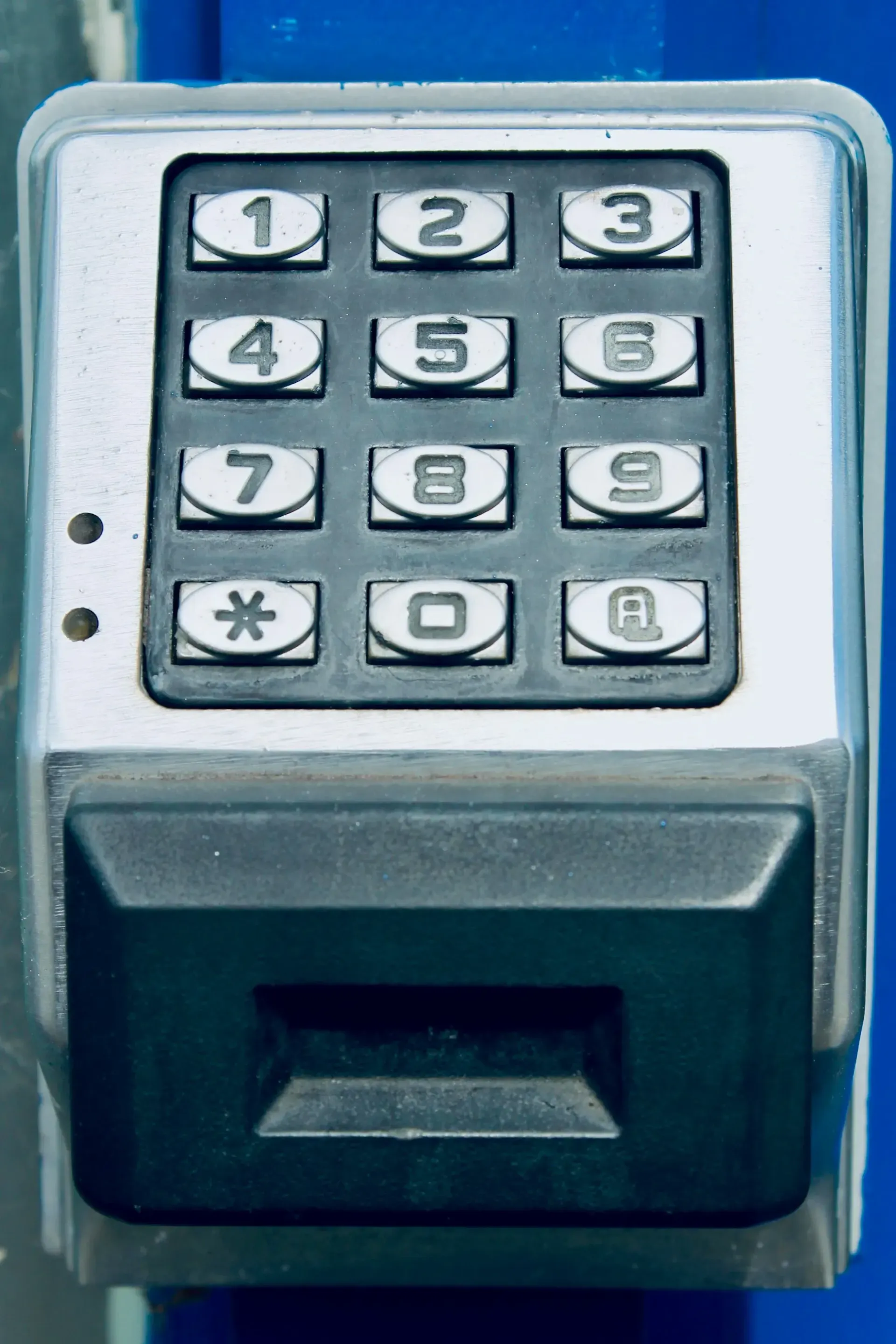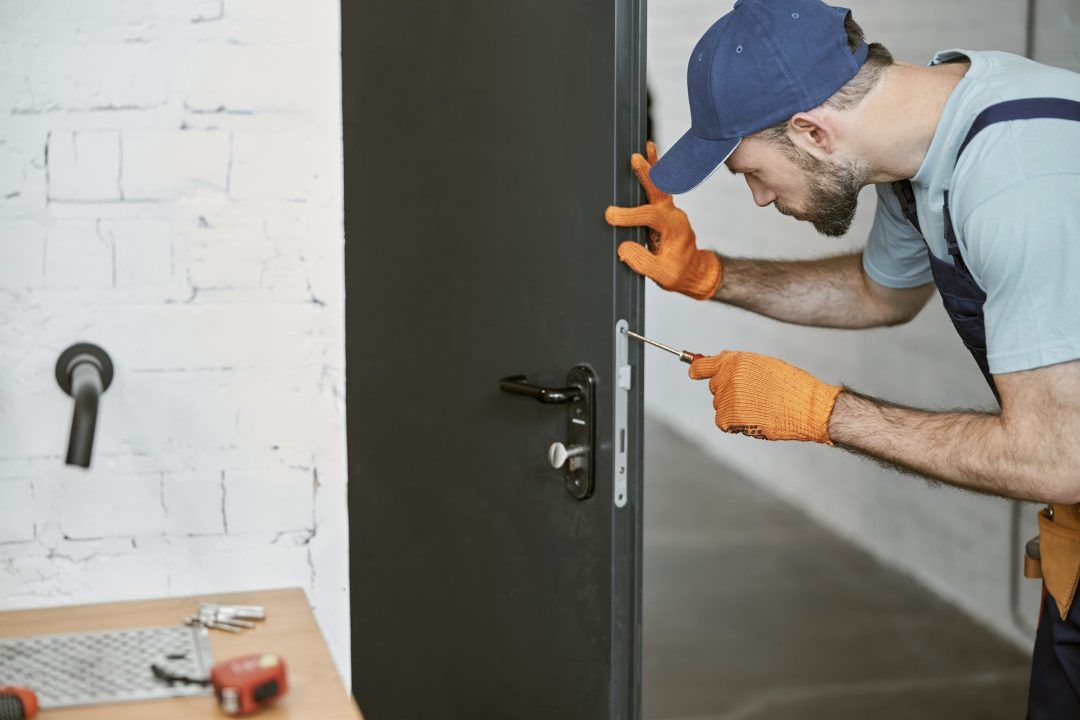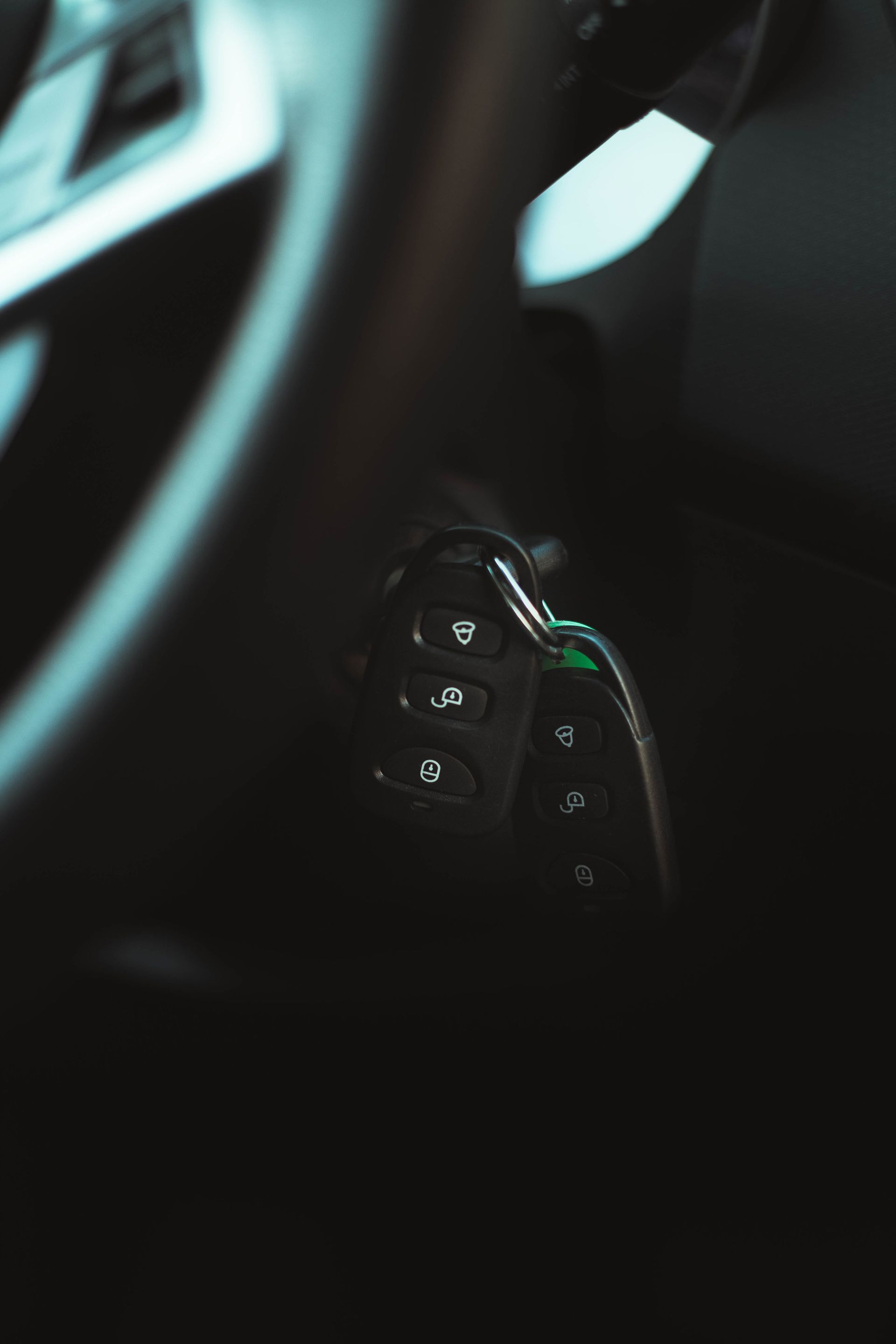OPEN 23 1/2 HOURS A DAY | EMERGENCIES ONLY AFTER 5PM
*standard questions and inquiries will be addressed from 9-5
OPEN 23 1/2 HOURS A DAY | EMERGENCIES ONLY AFTER 5PM
*standard questions and inquiries will be addressed from 9-5
A Locksmith's Guide to Unbreachable Security As A Response to The Liberty Safe and FBI Incident
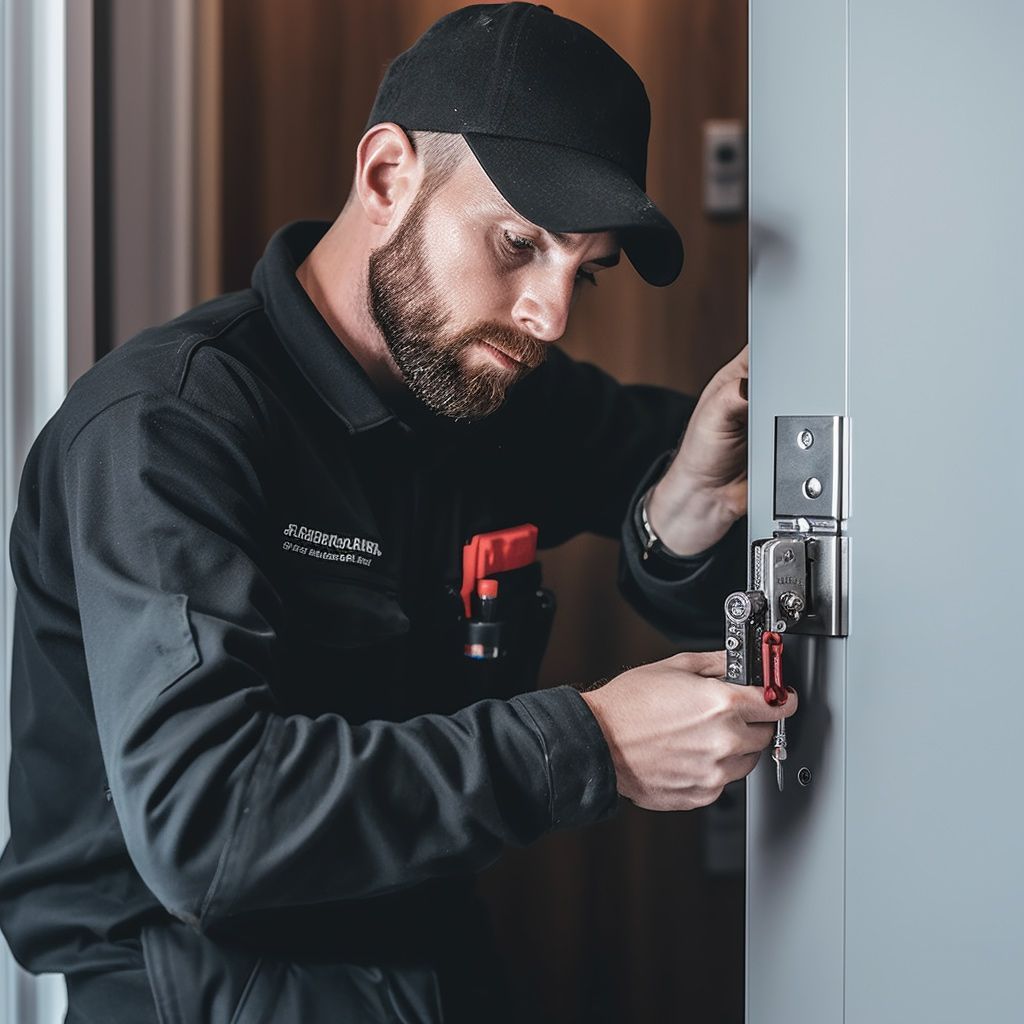
Introduction
We all have something valuable we want to protect. Whether it's family heirlooms, important documents, or personal items, safes have become an essential part of our homes and offices. They offer that peace of mind, knowing our treasures are tucked away, safe from prying eyes and unwanted hands. But how sure are we about the security of these safes?
Recently, there's been a buzz about a particular incident that's made many question the integrity of their safes. The Liberty Safe company, a well-known name in the industry, provided the FBI with access codes to one of their safes. This wasn't because of a legal obligation but a simple request by the FBI. It's raised eyebrows and concerns about the security of digital locks and the trust we place in safe manufacturers. If you're curious about the details, you can dive deeper into the story here. This incident serves as a reminder for all of us to be more vigilant and informed about the security measures we choose.
Understanding the Different Types of Safes
So, with the recent events in mind, it's clear that not all safes are created equal. It's essential to know what's out there and what each type brings to the table in terms of security. Let's dive into the world of safes and explore the various options available.
Wall Safes
These are designed to be concealed behind a wall, typically behind a painting or inside a closet. The main advantage? They're hidden in plain sight. While they might not be the largest in terms of storage capacity, their discrete nature makes them less likely to be targeted. However, it's crucial to ensure they're installed deep enough into the wall and anchored securely.
Floor Safes
Think of these as the opposite of wall safes. Installed beneath your feet, floor safes are embedded into the foundation of your home. Their strength lies in their ability to remain undetected. Even if a burglar stumbles upon it, the concrete surroundings make it a tough nut to crack. But remember, their location can make them prone to moisture, so it's a good idea to check on the contents periodically.
Gun Safes
For firearm enthusiasts, this is a must-have. These safes are tailored to store firearms securely, keeping them away from unauthorized users. They often come with specialized compartments and holders to keep guns and ammunition organized. Given the nature of their contents, these safes are built robustly, often with added fireproofing.
Digital vs. Mechanical Locks
While not a type of safe per se, the locking mechanism is a pivotal part of any safe. Digital locks offer the convenience of quick access and the ability to change codes easily. However, as we've seen, they might have vulnerabilities. On the other hand, mechanical locks, like the classic dial, might be slower to open but lack the electronic components that can be hacked or bypassed.
The Vulnerabilities of Digital Locks
While we've touched on the convenience of digital locks, it's essential to peel back the layers and understand what's happening beneath that sleek keypad. Digital locks, with all their modern flair, come with their own set of challenges. Let's break down some of the potential risks they pose:
- Backdoor Access: The recent Liberty Safe incident shines a light on this concern. Some digital locks can have built-in access codes known to the manufacturer. While intended for emergency access, these codes can be exploited if they fall into the wrong hands or if the manufacturer shares them without proper legal procedures.
- Electronic Failures: Digital means electronics, and electronics can fail. Whether it's due to a drained battery, a software glitch, or a system malfunction, there's always a risk of being locked out of your safe.
- Hacking Threats: In an age of smart technology, some advanced safes can connect to Wi-Fi or other devices. This connectivity, while offering convenience, can also be a gateway for tech-savvy burglars to hack into the system.
- Dependence on Power: Most digital locks rely on a power source, usually batteries. If these run out and you haven't kept a backup, you could find yourself unable to access your safe.
- Frequent Code Changes: It's common practice to change digital codes regularly for security. However, frequent changes increase the risk of forgetting the code, especially if not stored securely.
The Reliability of Mechanical Locks
After diving into the digital world, it's time to step back and appreciate the classics. Mechanical locks have been around for ages, and there's a reason they've stood the test of time. While they might lack the flashy features of their digital counterparts, their reliability is unmatched. Let's explore why many still swear by these traditional locking mechanisms:
- No Backdoor Access: Unlike some digital locks, mechanical ones don't come with built-in access codes. This means there's no risk of manufacturers or anyone else having a secret way in.
- No Power Needed: Mechanical locks operate without batteries or electricity. This independence from power sources ensures you're never locked out due to drained batteries or electrical failures.
- Durability: These locks are often built tough. With fewer electronic components that can malfunction, they tend to have a longer lifespan and can withstand rougher handling.
- Less Vulnerable to Tampering: Without software or electronic components, there's no risk of hacking. Plus, trying to physically tamper with a mechanical lock is often more time-consuming, deterring potential burglars.
- Simplicity is Key: With a mechanical lock, there's no need to remember codes or worry about software updates. It's all about the key or the combination, plain and simple.
Best Practices for Safe Installation
Even the most secure lock can be rendered ineffective if the safe itself isn't properly installed. It's like having a state-of-the-art security system on a door that's hanging off its hinges. To ensure your valuables are as protected as they can be, follow these best practices for safe installation:
Choose the Right Location
Opt for a discreet spot that's not easily visible to visitors. Common choices include closets, basements, or even under the stairs.
Anchor It Down
Safes, especially smaller ones, should be bolted down to prevent them from being carried away. Whether it's to the floor or a wall, make sure it's secure.
Consider the Environment
Avoid places with high humidity or risk of water damage. If installing in a basement, elevate the safe to protect against potential flooding.
OUR SERVICES
© 2024 All Rights Reserved • A-Area Locksmith

